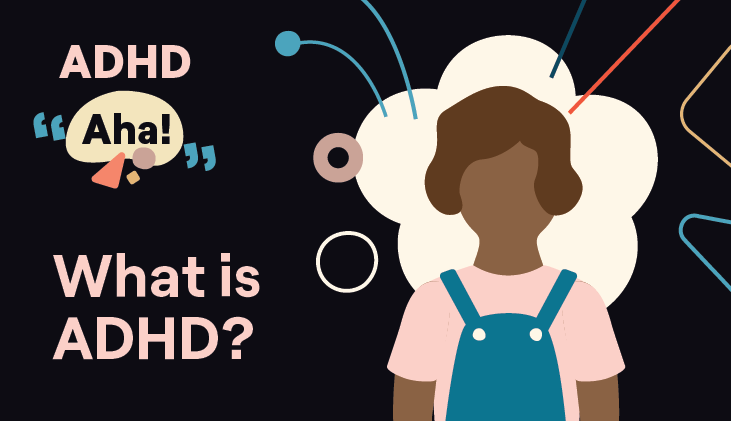
What is medication management
Medications play a critical role in the treatment of various mental health issues. The right medication can reduce or eliminate symptoms and significantly improve a patient’s quality of life.
However, mental health professionals are keenly aware that the efficacy of medications vary from patient to patient. Although it may seem random, trained professionals know how to account for various factors, including medical history and medication plan.
Medication management is a level of outpatient treatment that involves the initial evaluation of the patient’s need for psychotropic medications, the provision of a prescription, and ongoing medical monitoring related to the patient’s use of the psychotropic medication by a qualified physician/prescriber. Medication management includes monitoring, reconciling medications, and ensuring patients get the desired outcomes. It requires a thorough review of prescribed drugs and their possible side effects to create treatment plans and monitor their safety and efficacy.
Aside from knowing what medications should be taken and in what dosage, there are several factors a patient might not understand about his or her prescribed meds, including reactions to other medications, side effects, and other problems that can affect recovery. In many instances, a healthcare provider must thoroughly address these issues, which they can do with a medication management plan.
Learn More
What is anxiety?
Many of us know what shortness of breath feels like: your chest tightens, you feel like no matter how big of a breath you take, you’re not getting in enough air. You may try and breathe more quickly, which can sometimes make you feel worse.
Shortness of breath can be a concerning feeling, especially if you aren’t sure of the cause. While shortness of breath can be a symptom of a physical health condition, it can also be a symptom of anxiety. So how can you tell the difference and when should you start to worry?
Our Mental Health Providers are here to help. Below, we explain some signs that your shortness of breath is likely to be caused by anxiety versus a physical health condition, and what you can do about it.
What is anxiety?
To understand why and how anxiety causes shortness of breath, it’s important to first understand what anxiety is.
Anxiety is defined as a feeling of physical, mental, or emotional stress. When you’re anxious or stressed, you may feel symptoms such as:
- Increased heart rate and feelings of heart palpitations
- Difficulty breathing
- Tense muscles
- Worry
- Digestive issues
- Repetitive, uncontrollable worries
When should I seek medical attention?
If you experience shortness of breath that is sudden, affects your ability to function, and/or is accompanied by any of the following symptoms, you may be experiencing a medical emergency and should seek emergency medical care from a healthcare professional:
- Chest pain or chest tightness
- Lightheadedness/fainting
- Nausea
- Blue tinge to your lips or nails
- Shortness of breath at nighttime
- Coughing
- Wheezing
- Vomiting
- Confusion
- Fever
- Swelling in your feet and ankles
Common Causes
Anxiety is not always related to an underlying condition. It may be caused by:
- Stress that can result from work, school, personal relationship
- Emotional trauma
- Financial concerns
- Stress caused by a chronic or serious medical condition
- A major event or performance
- Side effect of certain medications
- Alcohol consumption, drugs such as cocaine
- Lack of oxygen

What is ADHD
A chronic condition including attention difficulty, hyperactivity, and impulsiveness. ADHD often begins in childhood and can persist into adulthood. It may contribute to low self-esteem, troubled relationships, and difficulty at school or work.
Symptoms include limited attention and hyperactivity. Treatments include medication and talk therapy.
Signs and Symptoms
It is normal for children to have trouble focusing and behaving at one time or another. However, children with ADHD do not just grow out of these behaviors. The symptoms continue, can be severe, and can cause difficulty at school, at home, or with friends.
A child with ADHD might:
- daydream a lot
- forget or lose things a lot
- squirm or fidget
- talk too much
- make careless mistakes or take unnecessary risks
- have a hard time resisting temptation
- have trouble taking turns
- have difficulty getting along with others
